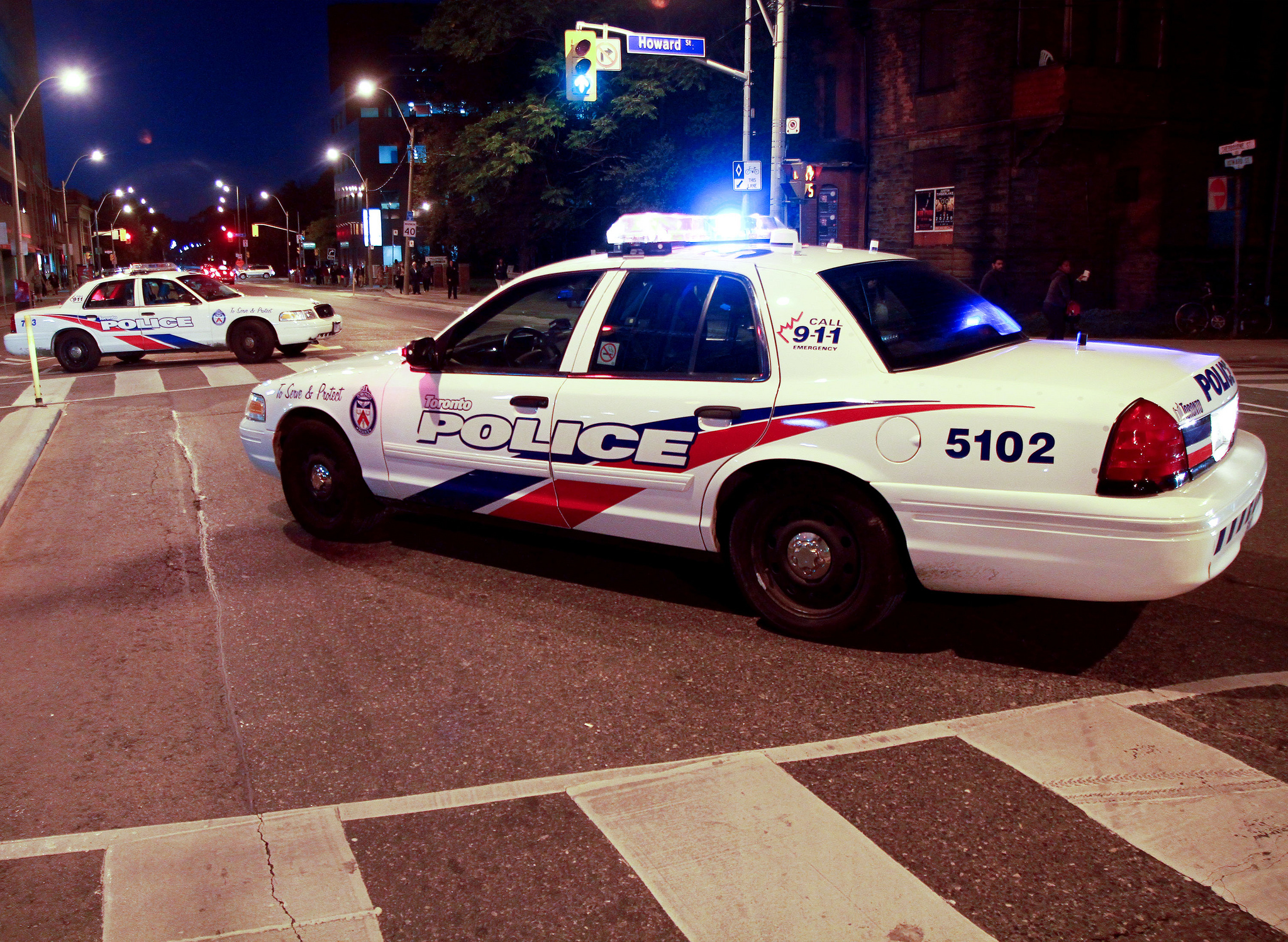The stark incompetence of the Toronto police is becoming impossible to ignore.
Tess Richey’s mother came down from North Bay — a four-hour drive to Toronto — to Church-Wellesley Village, to search for her missing daughter.
And in a moment of almost incomprehensible horror, she found her. Richey’s body was abandoned just doors from where she was last reported seen.
Richey was last seen alive on Saturday, Nov 25, 2017. Her body was found on Wednesday, Nov 29, a full four days later. Even after she was found, Toronto police initially stated that it was likely an accident — it was only recently that they apparently realized she was killed by “neck compression” and began investigating her death as a homicide.
The fact that Richey’s mother, who doesn’t even live in Toronto, was so quickly able to find her daughter’s body, while police, who ostensibly know every corner and crevice of the neighbourhood, didn’t have a clue, is mind-boggling.
The Toronto police have opened a professional standards investigation into the situation.
That would be the third time that Toronto police have either implicitly or explicitly made clear that they erred in relation to an investigation involving the LGBT community or the Church-Wellesley Village.
The first came with the police expressing some regret over how they handled Project Marie, an undercover operation that saw more than 70 men charged for actions related to public sex in November 2016. Though police are sticking to their “obligation” to investigate park sex complaints, they say they could have been more sensitive and consulted with LGBT community members, or at least their own LGBT liaison officer, before the sting.
Two weeks ago, Toronto police apologized and reached out to the family of Alloura Wells, a trans woman who had been missing since July, for not filing a missing person’s report. It turns out that Wells’ body had been found in August, but Toronto police didn’t identify her and made no public effort to reach out and see if anyone recognized her.

A poster of Alloura Wells hangs in Barbara Hall Park during the Vigil, Accountability and Justice for Trans People rally in Toronto on Nov 19, 2017. Credit: Andrej Ivanov/Xtra
Taken together, these cases fit into an uncomfortable narrative. It’s long been observed that marginalized communities are simultaneously over- and under-policed. The same groups of people who are harassed by police for marginal violations, namely Black communities, LGBT people, sex workers and others, are then disregarded when they are the victims of crime.
Coupled with the still unresolved cases of five gay men who have disappeared without a trace in the last seven years, the Toronto police’s actions are a reason for worry.
This week, they issued a press release about the investigation into Selim Esen and Andrew Kinsman, both of whom have been missing for months. It included little information except for some anodyne tips for safer online dating. This is despite the fact that they haven’t publicly shared any information to indicate that online dating had anything to do with their disappearances.

Posters of missing men Abdulbasir Faizi, Skandaraj Navaratnam, and Majeed Kayhan were taped to the wall at the town hall meeting at The 519 to discuss the disappearance missing LGBT people including Andrew Kinsman and Selim Essen on Aug 1, 2017. Credit: Nick Lachance/Xtra
The information vacuum that the Toronto police have let fester has led to an atmosphere of generalized fear. Every few weeks, social media posts that attempt to link a variety of missing person’s cases make the rounds. These are well intentioned efforts to help people be on alert, but they have the effect of creating a sense of panic that may or may not be justified.
We still don’t know what went wrong in the cases of Richey or Wells. And tracking down Richey’s killer will be one of the few ways that Toronto police can help rebuild some sense of trust.
But they have to also inspire some confidence that they take the safety of LGBT communities seriously.
Are Toronto police up to the job? It’s getting harder and harder to say yes.
Legacy: December 11, 2017 1:37 pmA previous version of this story misspelled Selim Esen’s last name.

 Why you can trust Xtra
Why you can trust Xtra


